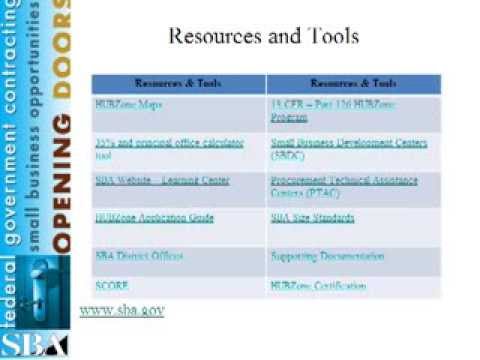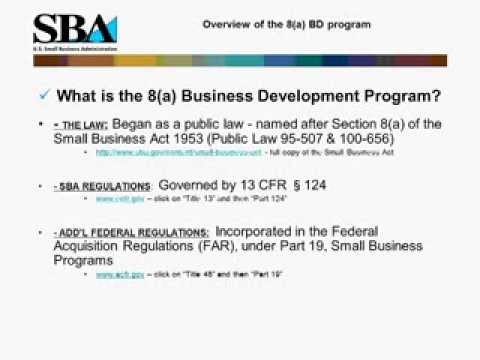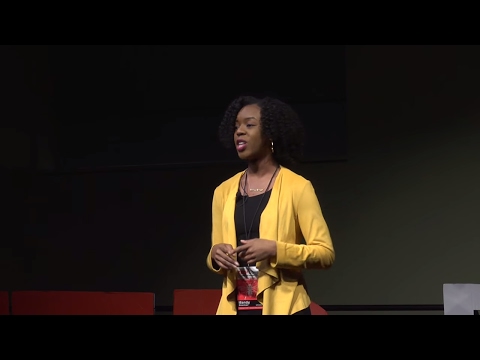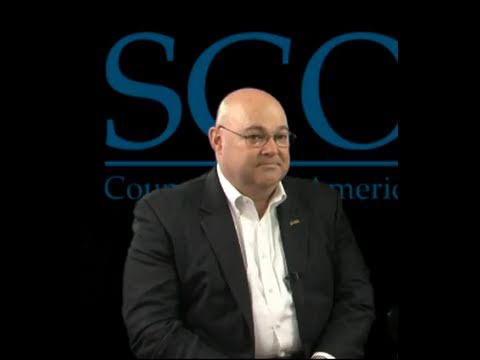Government Grants
Business Grants
Home Owner Programs
Federal Programs
About Us
Grant and Loans for Women-Owned Small Businesses
One of the cornerstones of a healthy community is a vibrant and diverse small business sector. The federal and state governments offer a variety of programs and support for women owned small businesses.
Use these resources to help to start of expand your business
Learn More about SBA Women's Business Centers see here
Women's Business Centers (WBCs) stand for a nationwide network of nearly 100 instructional centers throughout the United States and its territories, which are created to help women in beginning and growing small companies. WBCs seek to "level the playing field" for women entrepreneurs, who still face unique obstacles in business world.
SBA's Office of Women's Business Ownership (OWBO) oversees the WBC network, which provides entrepreneurs (specifically women who are economically or socially disadvantaged) comprehensive training and counseling on a range of topics in numerous languages.
Many of the SBA programs offering Small Business Grants, Loan Programs and Counseling Programs for women are offered through universities and centers.
Small Business Administration HUBZone Program
The Historically Underutilized Business Zones Empowerment Contracting Program provides federal contracting assistance to eligible small businesses located in underutilized business zones to improve their employment opportunities, investments, and their area's economic development.
HUBZone Certification Program Webinar
This video explains the basics of the HUBZone certification program for small business federal contractors.
HUBZone certification allows certain small businesses to compete for set-aside contracts aimed at spurring investment in low median income or high unemployment areas.
Local Assistance from the Small Business Administration
The Small Business Administration has many local offices and resource partners that counsel, mentor and train small business owners and entrepreneurs.
These nearby offices and online assistance can help your business start up, succeed and grow. This short video provides a good introduction to services near you.
The Creative Role That One CDFI Plays in Impact Investing
Antony Bugg-Levine, CEO of the Community Development Financial Institution Nonprofit Finance Fund, manages $80 million of impact investments. He is also the author of Impact Investing: Transforming How We Make Money While Making a Difference.
Featured Government Grant Resources
National Endowment for the Humanities: National Digital Newspaper Program
The goal of the National Digital Newspaper Program is to crate a national digital resource of historically significant newspapers published between the years 1836 and 1922, from all of the States and its territories.
Secondary Market Lending Authority Program
The Small Business Administration has constituted the Secondary Market Lending Authority program, one which aims to provide liquidity for the secondary market, thereby ultimately encouraging new lending opportunities from banks of Small Business Administration guaranteed loans.
Social Entrepreneurship
Spotlight
When it Comes to Social Enterprises, Failure is the Best Platform for Innovation

In the world of social enterprises, failure is a cringe-worthy moment nobody wants to talk about. But, social entrepreneurs can benefit from their failures.









